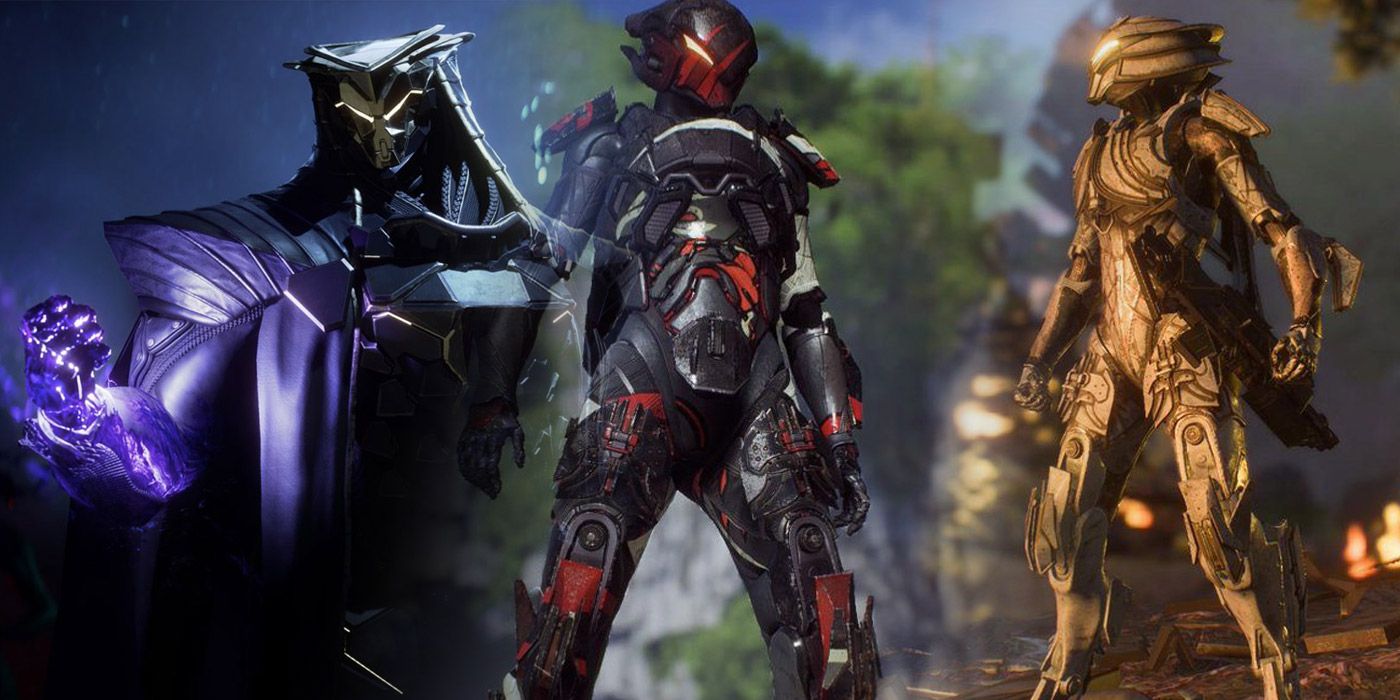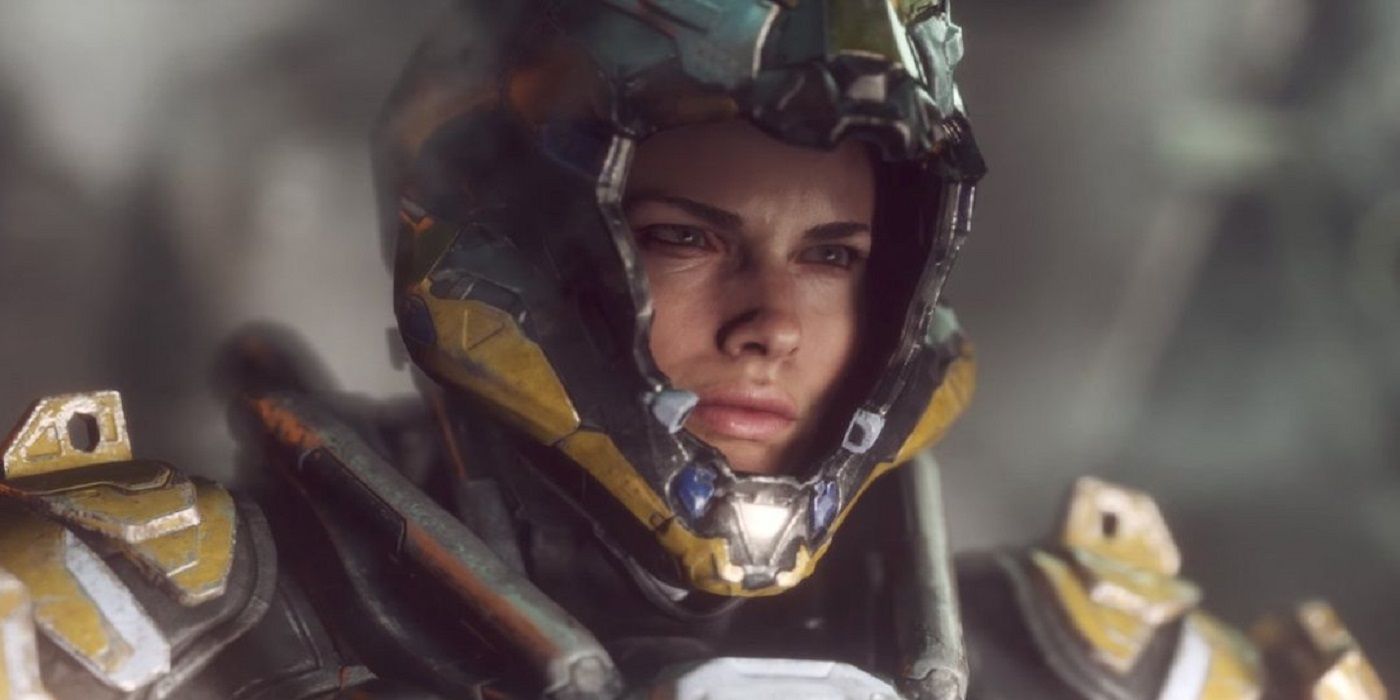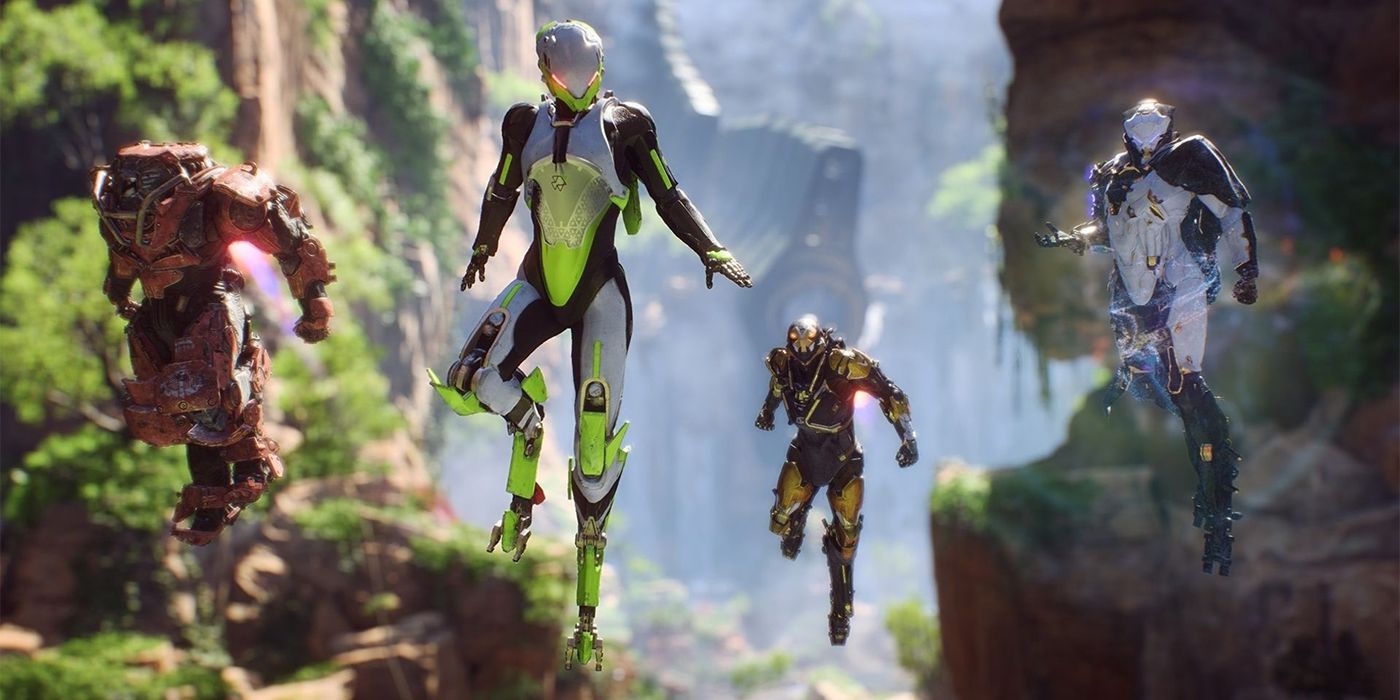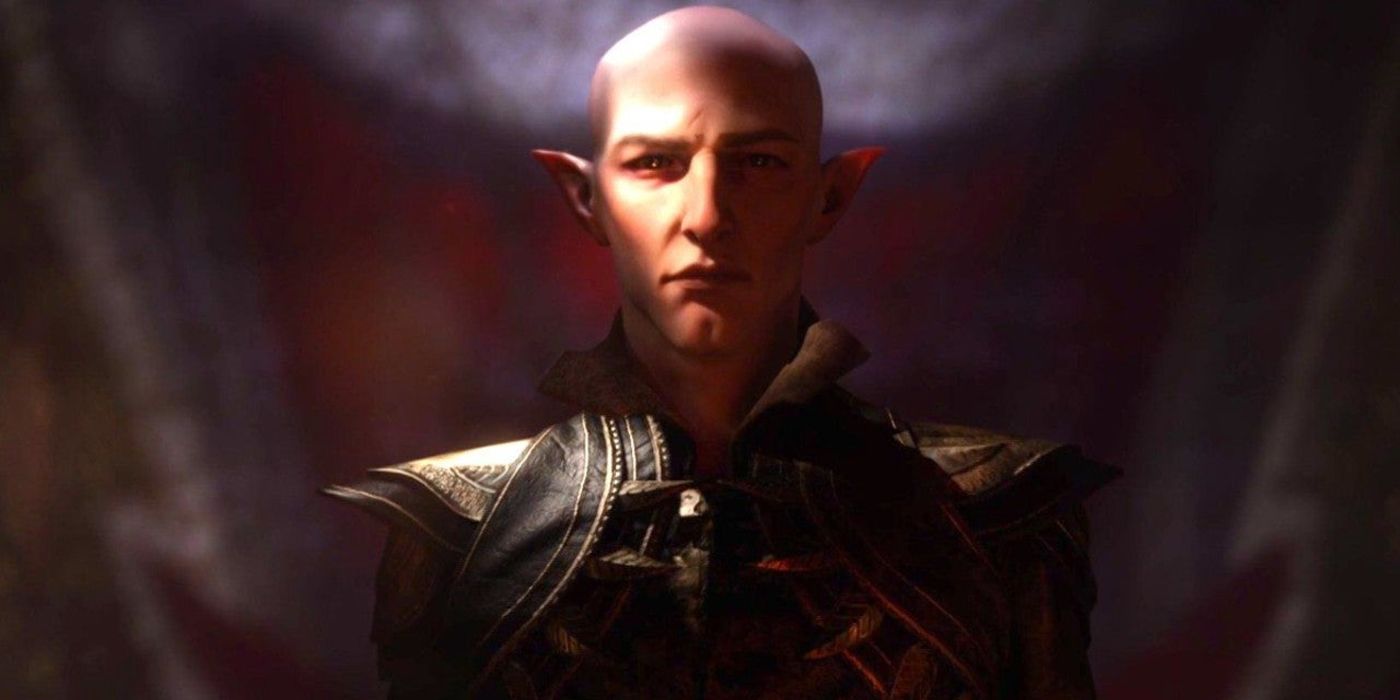A year after Anthem was released, BioWare revealed that it was working on a major Anthem overhaul that would re-design the core gameplay loop, add better loot, and improve progression. Seeing how some live-service titles, such as No Man's Sky, recovered after a soft reboot, Anthem players saw a glimmer of hope in BioWare's statement.
After a long silence, BioWare and EA finally revealed that they are cancelling all things Anthem, with development focusing on upcoming entries in the Dragon Age and Mass Effect series. Putting a full stop to Anthem's journey just two years after its release may seem puzzling to many, given how BioWare promised to support the game for over 10 years, but the writing was on the wall that it couldn't even make a proper fraction of that.
Lack of Proper Vision
Anthem's development was notoriously short and troubled, which wasn't as smooth as many would expect from a studio of such high caliber, but it came from a reliance on BioWare Magic that has already worked on Andromeda as well. Last minutes changes were a usual affair throughout Anthem's relatively short development cycle.
To begin with, BioWare also had noted troubles figuring out just what Anthem was. Many of the game's initial ideas, both story and gameplay-wise, were decided upon last minute before the E3 2017 trailer. At this point, the game wasn't even in proper development. Even BioWare employees admitted, at one point, that they had no idea what they were making. It's hard to imagine a years-long road-map for a game whose development's vision was so blurry and convoluted, meaning that it was a lot of talk from EA to begin with. This serious disconnected between BioWare and EA was obvious when the game released.
Inability to Deliver
Anthem's vision, when it did form, may have been too ambitious for its own good. The game was a stark departure from the company's previous titles, but it didn't do everything wrong. For one, Anthem's moment-to-moment gameplay felt solid and was quite fun. However, to keep the gameplay loop interesting in this genre, there has to be tantalizing loot which Anthem's world failed to provide.
Even in the end ame, players had to rinse and repeat the same strongholds missions and freeplay at the various grandmaster difficulties to acquire legendary loot. Meanwhile, in Destiny 2, players had access to high-level raids, strike missions, and gambit. Surprisingly, Anthem said no to PvP, but perhaps it wasn't that surprising: that would have needed more development time. The game was able to recapitulate other popular looter-shooter games in other areas, but only at the surface level. Returning players had not much to look forward to the game once the credits rolled, and the excitement of new players died quickly, once they realized how much underwhelming content there was.
BioWare's inability to deliver substantial content in Anthem wasn't entirely its fault, or at least, not relegated to just in-studio problems. Many issues were caused by the game's extremely volatile frostbite engine, which has created some spectacular-looking games in the past, but BioWare has struggled to make it work properly on its titles. It's notably complex and most fitting for game's outside the studio's wheelhouse, furthering requiring a massive crew to manage and thus slowing development that was already on an incredibly limited scheduled.
BioWare's struggle to develop Mass Effect: Andromeda and Anthem on frostbite engine saw many details not make it into the game due to this disconnect between studio and engine. This ultimately stripped Anthem of its true identity and left an end product that felt inadequate. Whereas titles such as Destiny 2, The Division 2, No Man's Sky, and Fallout 76 continued to evolve on its core foundations, Anthem, as it seems, was left in a state of dilemma.
Focus on Existing Franchises
More often than not, AAA studios choose to invest in their existing franchises rather than work on new IPs. Studios such as Rockstar Games have been cycling between two of its biggest franchises, Grand Theft Auto and Red Dead Redemption in the last decade, whereas Bethesda Game Studios has been alternating between the Fallout and The Elder Scrolls games. It's because these series have a humungous fan base and are bound to attract a specific audience. While BioWare has made some incredible games in the past like Star Wars: Knights of the Old Republic, it's most notably known for its own franchises, which are Mass Effect and Dragon Age.
A significant amount of BioWare is currently working on Dragon Age 4, which has dropped live service elements. In the wake of Stars Wars: Jedi Fallen Order's success and the failure of Anthem, it seems EA decided to abandon the live service model from the upcoming sequel. While this may sound like good news, it's too early to predict how it's going to pan out, but it is potentially a sign that 10-year-promises for GaaS titles may no longer hold water.
Apart from working on Dragon Age 4, BioWare is also working on the next Mass Effect game. It's important to note that BioWare is a relatively small company, having only two studios in Edmonton and Texas. Given how the studio is working on two massive games from its existing franchises that are more valuable than Anthem, it isn't surprising that the latter's future update has been canceled. As such, giving up on Anthem's overly ambitious goals to focus on Dragon Age 4 and the next Mass Effect game seems like a good move for BioWare's future.
While there's no news on when Dragon Age 4 would hit the shelves, it would be interesting to see how it pans out after its numerous overhauls in the last few years. In any case, Anthem's sudden demise should drastically change how BioWare handles the development of its future titles, and 10-year promises will hopefully be left behind.
Anthem is now available on PC, PS4, and Xbox One.




